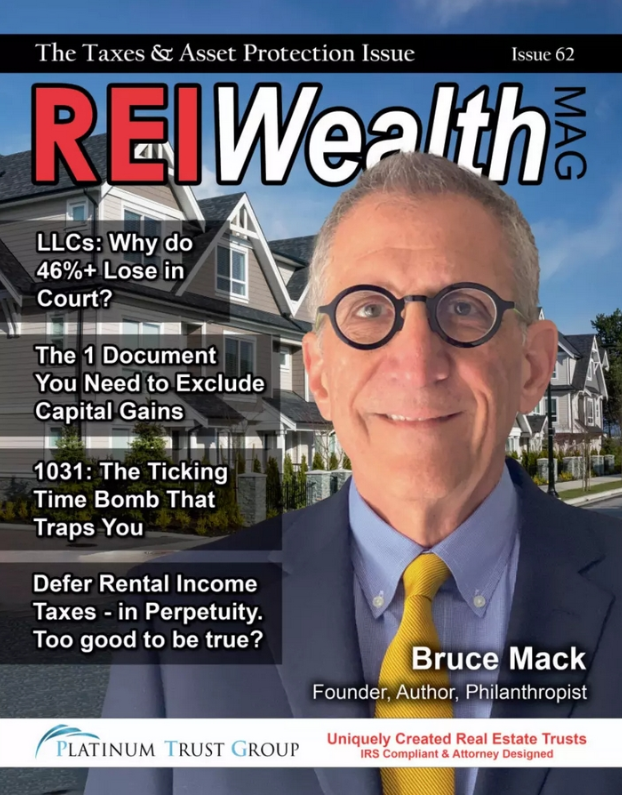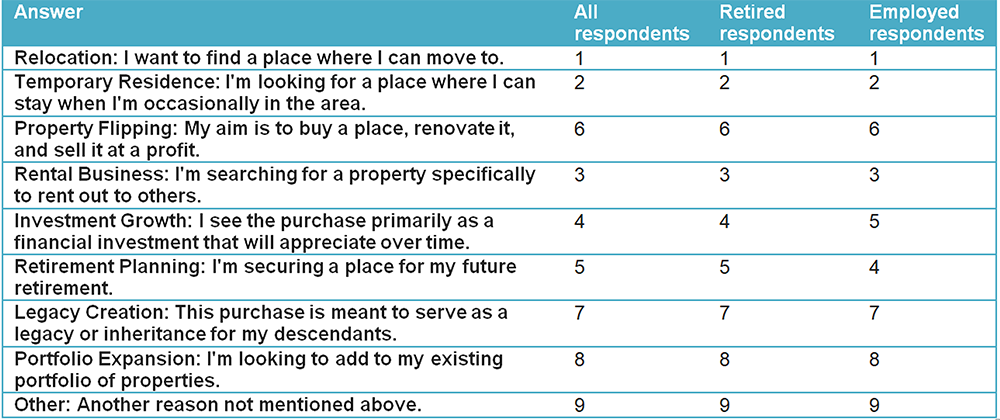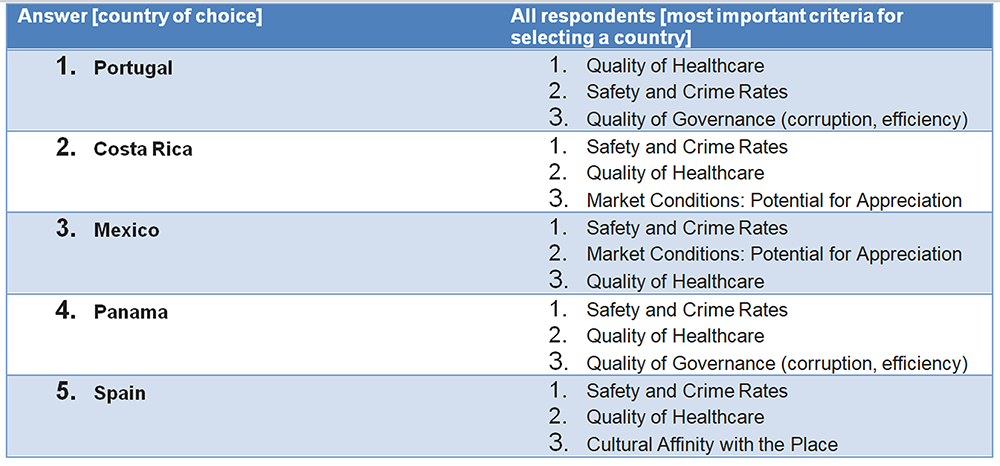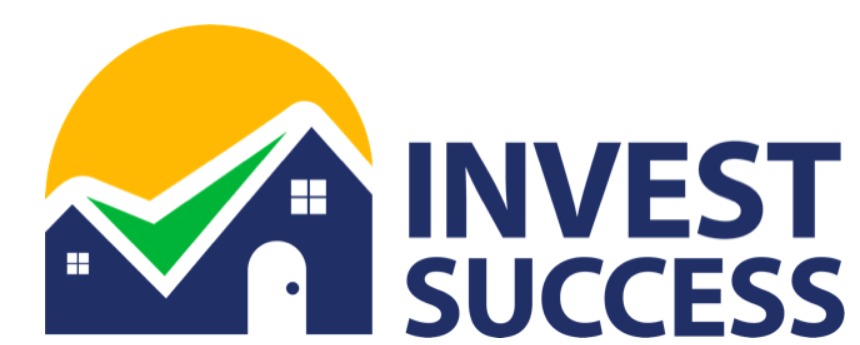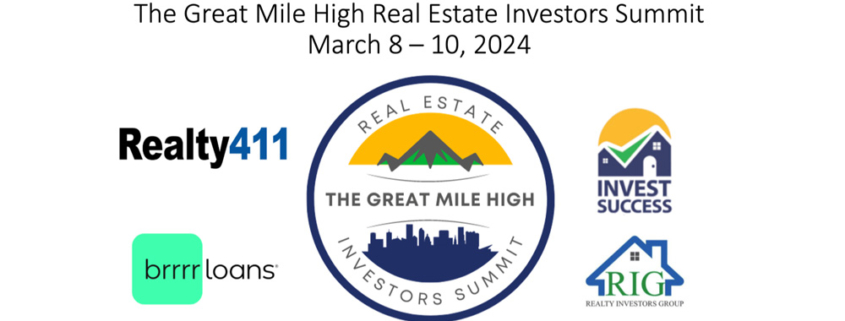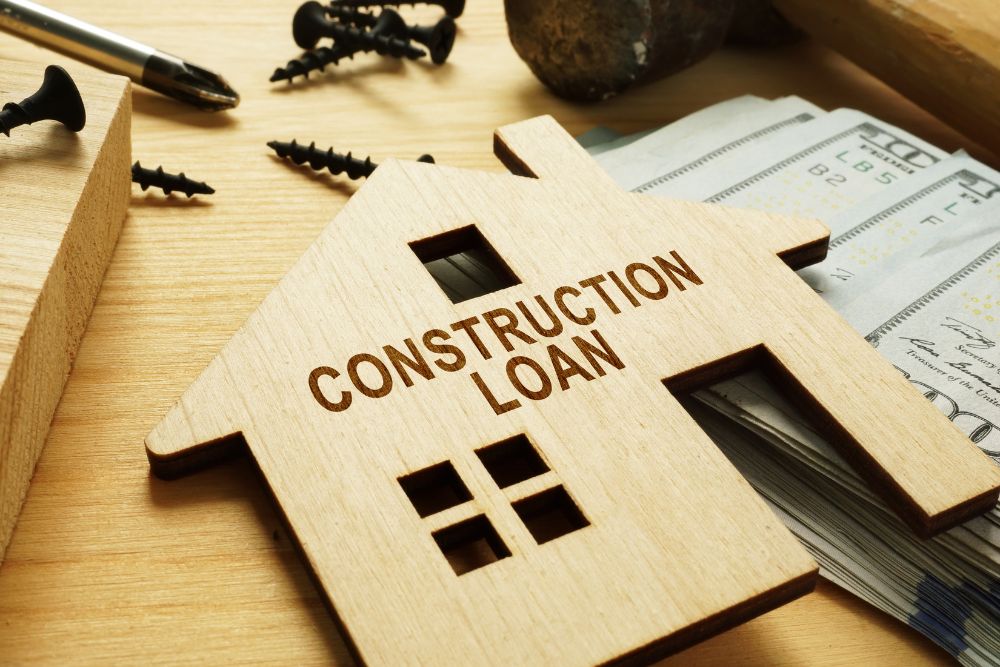Helping Realtors Find Clients and Listings in 2024
By Rick Tobin
For many licensed real estate professionals and investors, this year will likely be the most important year for their career and investment strategies. I could write the same thing for the start of any previous year because it’s true for almost every single new year that brings us new opportunities.
I’ve held various real estate broker licenses in multiple states over the past few decades, so I fully understand the pressure that real estate licensees are under to find new clients and listings. I’ve also written college textbooks and courses (economics, finance, and real estate) in most states for the top 2 largest U.S. real estate educational firms and for the oldest and best-known real estate school in California.
Whether you just passed your very first real estate exam or have been an “old pro” for the past few decades like me, please reach out to me and we will work together to create a marketing plan for your target region. I’m also available online for brokerage office meetings and can be found as a new OnZoom instructor on their national public platform that’s linked here: OnZoom – Rick Tobin.
REALTOR® Statistics

- In 2023, the U.S. had 1,566,354 Realtors, members of the National Association of Realtors, out of approximately 2 million real estate agents.
- There have been between 200,000 and 300,000 active real estate licensees in California in recent years, depending on the boom and bust cycles.
- Sixty-four percent of REALTORS® were licensed sales agents, 20 percent held broker licenses, and 18 percent held broker associate licenses.
- The typical REALTOR® is a 60-year-old white female who attended college and is a homeowner.
- 62% of all REALTORS® are female, and the median age of all REALTORS® is 60.
- Real-estate experience of all REALTORS® (median): 11 years
- Median tenure at present firm (all REALTORS®): 6 years
- Most REALTORS® worked 30 hours per week in 2022.
- The median gross income of REALTORS®—income earned from real estate activities—was $56,400 in 2022, an increase from $54,300 in 2021.
- REALTORS® most often prefer to communicate with their clients through text messaging, at 94%. Ninety-two percent preferred to communicate via telephone, and 90% through email.
Source: National Association of Realtors
Marketing Strategies for Realtors and Others

Attention spans: You have just 7 or 8+ seconds to quickly capture your readers’ or viewers’ attention span with a print or digital media ad. Focus on their needs and wants, not yours, for a higher rate of response (1% or higher).
Cash-on-cash advertising returns: The investment return for every $1 invested in your advertising campaign. For example, you invest $100 and collect $10,000 from a future closed commission at a 100-to-1 return on your investment.
Print media: Forms of marketing that can be held in your hand like mailed letters, postcards, flyers, newspapers, and magazines. Please avoid blind ad risks when you don’t clearly identify yourself as a real estate licensee.
Digital media: Online ads can be found on your blog, website, social media, and in native ads or sponsored ads (examples: Facebook, Google, Nextdoor, Alignable, Taboola, Outbrain, etc.). Email, text, and telephone marketing also work if the prospects aren’t on any do-not-call lists that exceed 300 million phone numbers.
Repetition is the key to programming and advertising. The more often that consumers see your ads online and/or in print media, the more likely they will remember you before contacting you for your services.
Merge print and digital media: The addition of a QR code on a print media design, which readers can scan with their phones prior to them seeing your online home listing or personal website, is an exceptional combination of both print and digital media at the exact same time at a fraction of the cost. There are free or affordable QR sites that will take your websites and convert them into a new QR code (Adobe, Canva, etc.).
article continues after advertisement

Social Media Marketing Numbers
Numerous published studies note that younger Americans are spending somewhere between 4.8 and 6+ hours on social media and a grand total of closer to 9 to 11+ hours on all types of media (gaming, television, movies, videos, etc.) every single day. If you want to reach your target audience for young first-time home buyers and older prospects, they’re found online.
With first-class stamps reaching 68 cents in January 2024 (3rd increase in a year; it’s rumored to rise to 70 cents in July ‘24), digital media ads may be more affordable and effective than print media.
Top 10 Social Media Apps (October ‘23)

1. Facebook: 3 billion (monthly active users)
2. YouTube: 2.5 billion
3. Instagram: 2 billion
4. TikTok: 1.2 billion
5. Snapchat: 750 million
6. X (Twitter): 541 million
7. Pinterest: 465 million
8. Reddit: 430 million
9. LinkedIn: 350 million
10. Threads: 100 million
The flip side of this print vs. digital media debate is that you will probably have much less competition this year when mailing letters and postcards because of the high postage costs. Will this translate to a much higher rate of response from your target audience? Please share with me later this year about which marketing strategies are working and which ones aren’t as effective so that we can learn together.
article continues after advertisement

Distressed Properties & Home Listing Opportunities
Listed below are strategies to either save distressed properties from being foreclosed and/or ways to generate new home listings:
- Forbearance agreements: The lender agrees to postpone or delay their foreclosure actions with the delinquent borrower. These foreclosure postponements can last months or years.
- Forbearance moratorium expirations: The Covid-19 FHA forbearance moratoriums ended on November 30, 2023, which may affect millions of distressed FHA borrowers who haven’t made a payment for upwards of 3+ years ($100,000+ in unpaid mortgage debt?). The VA moratoriums were extended until May 31, 2024, partly since the federal government probably didn’t want too many distressed home listings hitting the market at the same time. Please consider sending mailings out to both FHA and VA borrowers.
- Loan modification: The lender or mortgage service company agrees to reduce the existing interest rate and/or monthly payment so that the loan is more affordable as a way to avoid foreclosure.
- Deferment: The lender agrees with the borrower’s request to delay their delinquent payments until a future date. The late payments and penalties are added years later when the loan becomes due.
- Reinstatement: After the borrower and lender agree to modify the monthly payments to avoid foreclosure, the loan is reinstated in good standing.
- Short sale: If and when the mortgage debt is greater than the current market value for the home (aka “upside-down” or “underwater”), the owner should contact me so that I can negotiate a discounted mortgage payoff and help you obtain the listing and find a buyer. My past client worked on 6,000 short sales (#1 in the US) many years ago and I was their main mortgage broker.
Target the Subconscious Mind

Your subconscious mind is a type of automatic thinking center where your desires to purchase or sell a product or service truly originate. Most people are “impulse buyers” who quickly purchase a product, service, or asset like a home without really thinking it through and closely analyzing the potential pros and cons associated with moving forward with the purchase.
Repetition is the key to programming or deeply influencing others as I intentionally wrote earlier for better memory recall. Advertisers know this as well, so they continually flood your digital screens over and over to inspire you to purchase their products or services offered.
A simple way to find out what your target audience (one person standing next to you or in a hotel ballroom filled with 1,000 people) is to ask them a question like “What do you really want in life?” For many people, they will likely respond with love and money. It’s your turn then to show them how your product or service will help them later find love and money as you build the sales presentation around their needs and interests, not yours.
Interesting Subconscious Mind Facts:
- It records everything.
- It’s automatic and fully alert.
- It takes almost everything literally.
- It’s built on habituation and repetition.
- It controls 95% to 99% of our thoughts and beliefs.
- It’s one million times more powerful than our conscious mind.
- It’s deeply affected more by voice tones, body language, numbers, and symbols than spoken or written words.
Influential Sales Strategies: Dale Carnegie

Warren Buffett, one of the most famous wealth builders in the history of the world, publicly gives full credit to Dale Carnegie for helping him overcome his overwhelming fear of public speaking and later becoming one of the best-known sellers and investors of all time.
I also took this brilliant Dale Carnegie course shortly after graduating from USC. To this day, I continue to use many of the same marketing and selling techniques that I learned while also sharing them in real estate and finance courses that I create for others.
A key component of a Dale Carnegie sales and speech course includes the A.I.C.D.C.: Attention, Interest, Conviction, Desire, and Close strategy. Let’s look next at how this sales concept can help you:
A (Attention): You’ve got about eight seconds to grab attention either online or in print like with a postcard. Either way, colorful and vivid images can attract your viewers’ eyes to your ad. In person, you grab their attention by learning their name (usually our favorite word), repeating it every so often, and talking primarily about them and their needs and interests to build rapport and trust.
I (Interest): Please think of the initial attention as akin to a “spark” that you must kindle by boosting the “flames” of interest by continuing to focus on your clients’ needs and interests. Keep asking them questions to find out their root needs and interests. You then speak to them by sharing how your product or service can give them exactly what they’re seeking.
C (Conviction): During this stage, you as the salesperson are certain that the client is interested in what you’re offering. Now, you offer valuable eye-opening statistics to support your claims.
D (Desire): You repeatedly show the prospect how the features or benefits of your product or service will get them what they desire (“Fact, Bridge, Benefit” technique). When successful, the customer’s desire to purchase your product or service will rise from low to high rather quickly.
C (Close): The absolute most important sales step is to close ‘em by asking them to buy your product. Your client may be 100% interested in your product, but may not know what to do next. It’s here where you show them how easy and simple it is to buy your product or for them to sell their off-market home with seller-financing that you mutually agree to and close the deal within a few days. Ask for the close and it’s more likely to happen.
Building a Trusted Network

● Circle or Sphere of Influence: Your friends, family, classmates, current and former co-workers, and connections from clubs, church, and networking groups and their connections as well that may number in the hundreds or thousands of people.
● These friends, family, and business professionals may be found at the local Chamber of Commerce, American Legion, Rotary Club, and Elks Lodge as well as with our Trusted Business Partners (TBP) networking group.
● Building a support network helps alleviate the burden of financial distress and increases opportunities like with our So-Cal Real Estate Investors group that meets at Canyon Lake Golf Club, Shoreline Yacht Club in Long Beach, and online.
● You’re more likely to take on the traits of the five main people in your circle of friends, family, and/or advisors, so choose wisely!!!
Helping Realtors & Investors Close More Deals

I’ve created hundreds of articles about fix-and-flips, short sales, seller-financing (subject-to, wraparounds, & paper flips), foreclosure bailouts, and was featured on the cover of Creative Real Estate Magazine (I was their #1 most published author for 10 years).
- I’ve taught real estate licensees and investors across the nation how to find clients, distressed properties, and boost their sphere of influence to find more clients and homes to sell or buy.
- If you or your clients have credit issues, I’ve written courses about credit for the two largest real estate publishers in the nation and may help quickly increase your clients’ FICO credit scores.
- I can get you fast pre-approvals and help structure the offer with maximum credits to minimize cash to close.
- My Realloans team and I will simplify your complex deals so that you and your clients are relieved, calm, happy, and close on time.
- I’m affiliated with hundreds of real estate investment clubs and 1031 tax-deferred exchange groups, which have tens of thousands of qualified or all-cash buyers who can close quickly.
- I will help your listings by sharing mortgage flyers with you and on my networking platforms to optimize viewer traffic.
2024 can either be your best year ever as a real estate licensee, or investor or it could be quite challenging if you’re not willing to make necessary changes. The choice is yours and yours alone as to your willingness to attempt new creative marketing strategies to boost your sales and purchase numbers.
I’m here to help you reach and surpass your goal targets. The best time to start is today, not next year. Best wishes for success in 2024 and beyond!

Rick Tobin
Rick Tobin has worked in the real estate, financial, investment, and writing fields for the past 30+ years. He’s held eight (8) different real estate, securities, and mortgage brokerage licenses to date and is a graduate of the University of Southern California. He provides creative residential and commercial mortgage solutions for clients across the nation. He’s also written college textbooks and real estate licensing courses in most states for the two largest real estate publishers in the nation; the oldest real estate school in California; and the first online real estate school in California. Please visit his website at Realloans.com for financing options and his new investment group at So-Cal Real Estate Investors for more details.
Learn live and in real-time with Realty411. Be sure to register for our next virtual and in-person events. For all the details, please visit Realty411.com or our Eventbrite landing page, CLICK HERE.

















